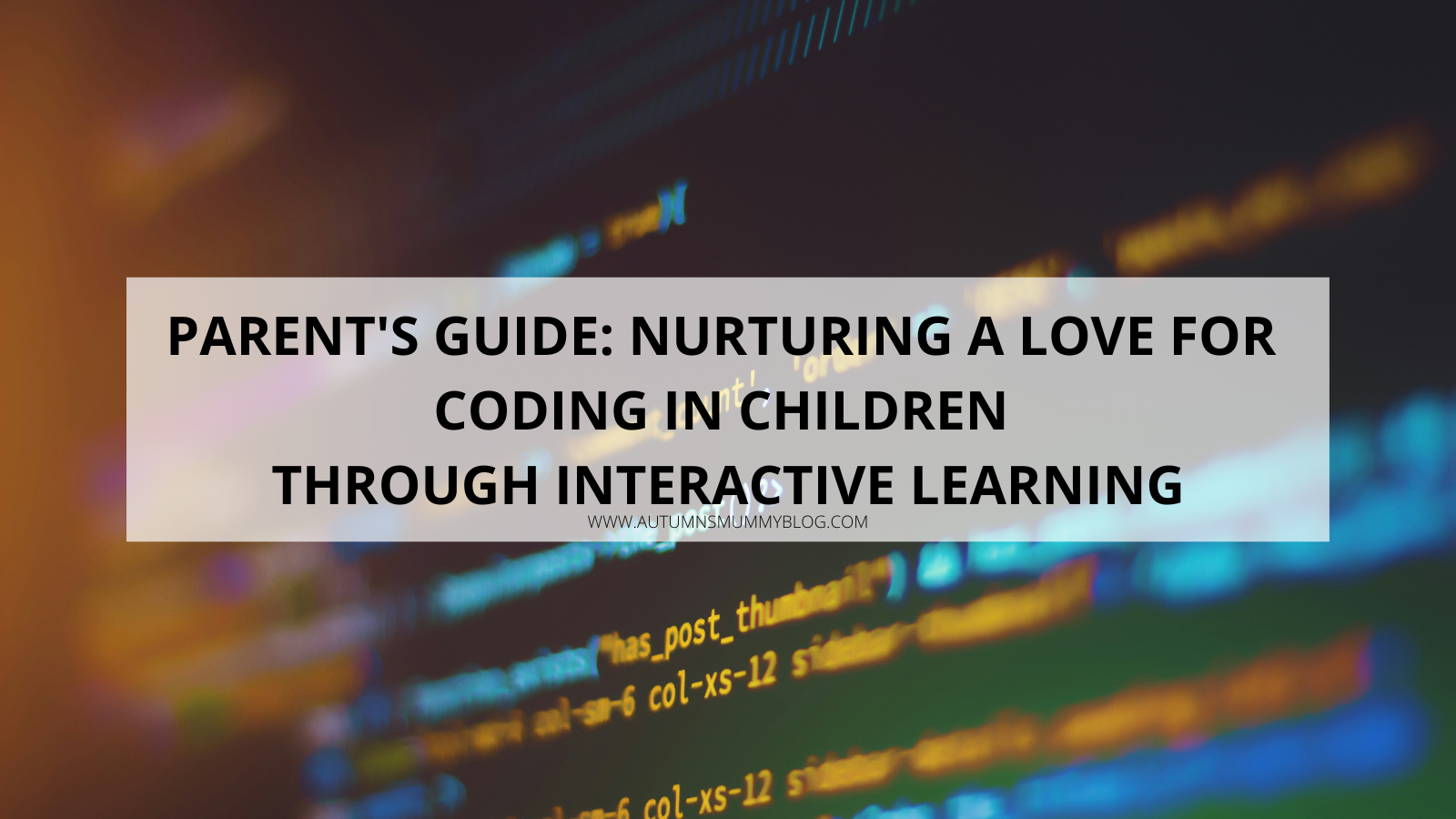In today’s increasingly digital world, coding has become a vital skill for children to acquire. However, teaching coding to children can be challenging if approached in a traditional, dry manner. To truly instill a love and passion for understanding variables in coding, it’s essential to make the learning process engaging and interactive.
By incorporating hands-on activities, interactive simulations and games, coding competitions and challenges, creative writing and storytelling, collaborative team projects, as well as coding workshops and clubs, educators can foster a deep appreciation for coding in children. As far as we are concerned, the earlier this kind of education can be instilled in a young person, the much better their chances of adaptability and success in the future will be. Let’s take a closer look at some of the best interactive ways to nurture a love of coding in children.
- Hands On Activities
Hands on activities are a cornerstone of effective learning, especially for children. Providing them with tangible tools and materials to experiment with can make abstract concepts more concrete. For coding, hands on activities can involve using physical objects like blocks or robots to introduce programming concepts. For instance, children can learn the basics of sequencing and logic by arranging blocks in a specific order to move a robot through a maze. These activities not only make learning enjoyable but also help develop problem solving skills and critical thinking.
- Interactive Simulations and Games
Interactive simulations and games offer immersive experiences that captivate children’s attention while teaching coding concepts. Whether it’s programming a virtual pet or building a digital world, these simulations provide instant feedback and allow children to see the results of their code in action. Through gamified learning environments, children can learn coding syntax, algorithms, and debugging techniques in a fun and engaging way. As they progress through levels and challenges, they build confidence and develop a deeper understanding of programming principles.
- Coding Competitions and Challenges
Coding competitions and challenges provide children with opportunities to apply their coding skills in real world scenarios and compete with their peers. These events encourage creativity, innovation, and teamwork while fostering a spirit of healthy competition. Whether it’s solving coding puzzles, creating interactive stories, or developing software applications, competitions motivate children to push their limits and strive for excellence. Moreover, participating in coding competitions can boost children’s confidence and inspire them to pursue further studies and careers in technology.
- Creative Writing and Storytelling
Coding is not just about writing lines of code; it’s also about telling stories and bringing ideas to life through technology. Integrating creative writing and storytelling into coding curriculum encourages children to think imaginatively and express themselves through code. By creating interactive stories, animations, and games, children learn how to structure narratives, design characters, and engage audiences using programming concepts. This interdisciplinary approach not only enhances children’s coding skills but also fosters their creativity and communication abilities.
- Collaborative Team Projects
Collaborative team projects provide children with opportunities to work together, share ideas, and solve problems as a team. By collaborating on coding projects, children learn valuable skills such as communication, cooperation, and project management. Whether it’s building a website, designing a mobile app, or programming a robot, team projects allow children to leverage each other’s strengths and learn from one another. Additionally, working in teams helps children develop empathy and respect for others’ perspectives, preparing them for future collaborations in the tech industry and beyond.
- Coding Workshops and Clubs
Coding workshops and clubs serve as hubs for learning, exploration, and community building. These extracurricular activities provide children with a supportive environment to explore their interests in coding and pursue their passion for technology. Whether it’s a weekly coding club at school or a weekend workshop at a local library, these programs offer hands on instruction, mentorship, and opportunities for peer collaboration. By participating in coding workshops and clubs, children not only enhance their coding skills but also develop friendships, build networks, and find inspiration from like-minded peers and mentors.
Cover photo by Shahadat Rahman on Unsplash
